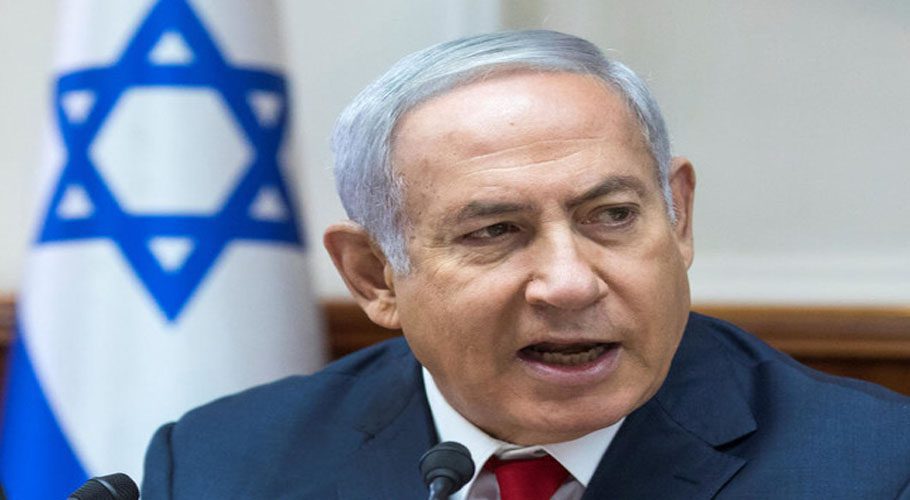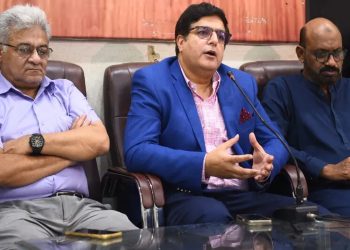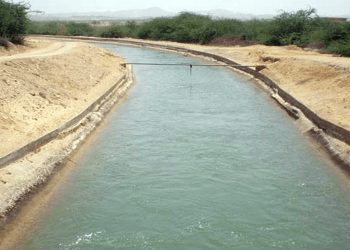Following the removal of the dollar’s caping and increase in fuel prices, the IMF mission is scheduled to visit Islamabad from today (January 31) to February 9 to continue discussions under the 9th EFF (Extended Fund Facility) Review.
The Washington-based lender has yet to approve the release of the crucial installment of $1.1bn, originally due to be disbursed in November last year as part of a $6bn bailout secured in 2019.
The economists believe that even if an agreement with the IMF is reached by February 9 and Islamabad delivers on its promises, the next tranche may not come before the end of March.
Following the unpegging of the rupee, the currency plunged to a record low of over Rs 265 against the dollar in the interbank market. The IMF has told Pakistan to bring a mini-budget, comprising measures that will ensure quick and clean recovery of taxes to avoid the courts’ path. These measures will include an increase in the petroleum levy rate on petroleum products, taxes on tobacco, sugary drinks and taxes on commercial banks.
It must be mentioned that the country lost $3 billion in the shape of low exports and low foreign remittances due to the wrong government policies of the past four months. All of this and the additional strain that the economy will face because of poor decision-making could have been avoided. This is what happens when policymaking is grounded in political considerations, wishful thinking and prayers, instead of data and ground realities.
A successful visit is critical for Pakistan, which is facing an increasingly acute balance of payments crisis and is desperate to secure external financing, with less than three weeks’ worth of import cover in its foreign exchange reserves.
Multilateral and bilateral financing pledges for Pakistan’s effort to rebuild after devastating floods last year are also tied to the country getting the green light from the IMF.





























